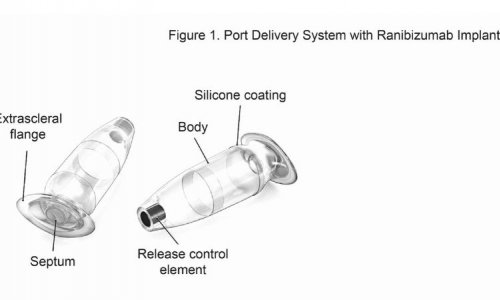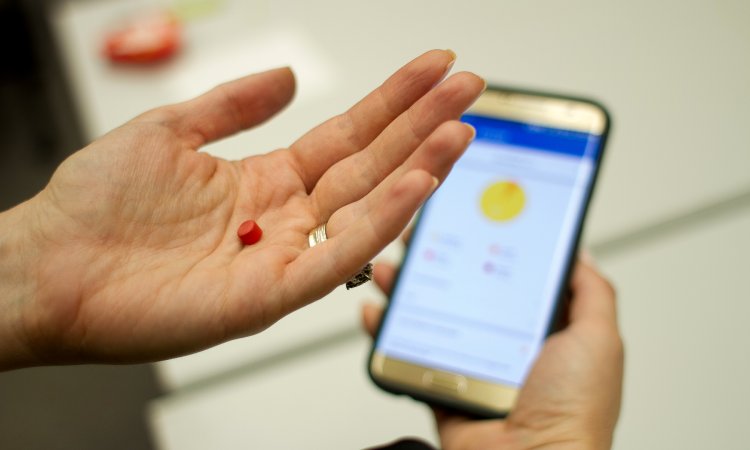HIV
Chips help mix winning cocktails
Medication regimes based on cocktails of antiretroviral drugs can reduce the AIDS virus to almost undetectable levels.
Now the Institute of Human Virology (IHV), at the University of Maryland Biotechnology Institute, in collaboration with the Toshiba Corporation, is setting up a project to optimise such regimes.
At the IHV (founded: 1996) researchers focus on chronic viral diseases, most notably HIV/AIDS, hepatitis and virally linked cancers (details: www.ihv.org). A particularly vital focus is on pharmacogenomics - how genetic inheritance affects responses to drugs. Progress in this area could lead to tailor-made medicines resulting in a better outcome. The institute’s director, Dr Robert C Gallo, who co-discovered HIV, pointed out that over 50% of HIV patients fail therapy in the first two years. Now, however, because the biological causes of failure can be understood, these could be circumvented, which, he said, ‘... could become a major contribution to AIDS medicine globally.’
The research use Toshiba’s electrochemical DNA chip that can analyse and type single nucleotide polymorphisms (common DNA sequence variations among individuals). Electrochemical detection interfaces with IT systems, rather than depending on fluorescent detection like most other DNA chips. Already in use in Japan, the new chip identifies hepatitis C patients who will respond to treatment with interferon, Toshiba reports.
In the new collaboration, patient responses to antiretroviral therapy will be analysed in relation to the host genetic status gene factors, such as metabolic enzyme SNPs that may influence toxicity and efficacy of the drugs. Results will be applied to (the study of) HAART, highly active anti-retrovirus therapy based on nucleoside/nucleotide reverse transcriptase inhibitors (NRTIs), non-nucleoside reverse transcriptase inhibitors (NNRTIs) and protease inhibitors (PIs).
IHV clinician and hepatitis expert Dr David Oldach will lead the project.
01.07.2003








